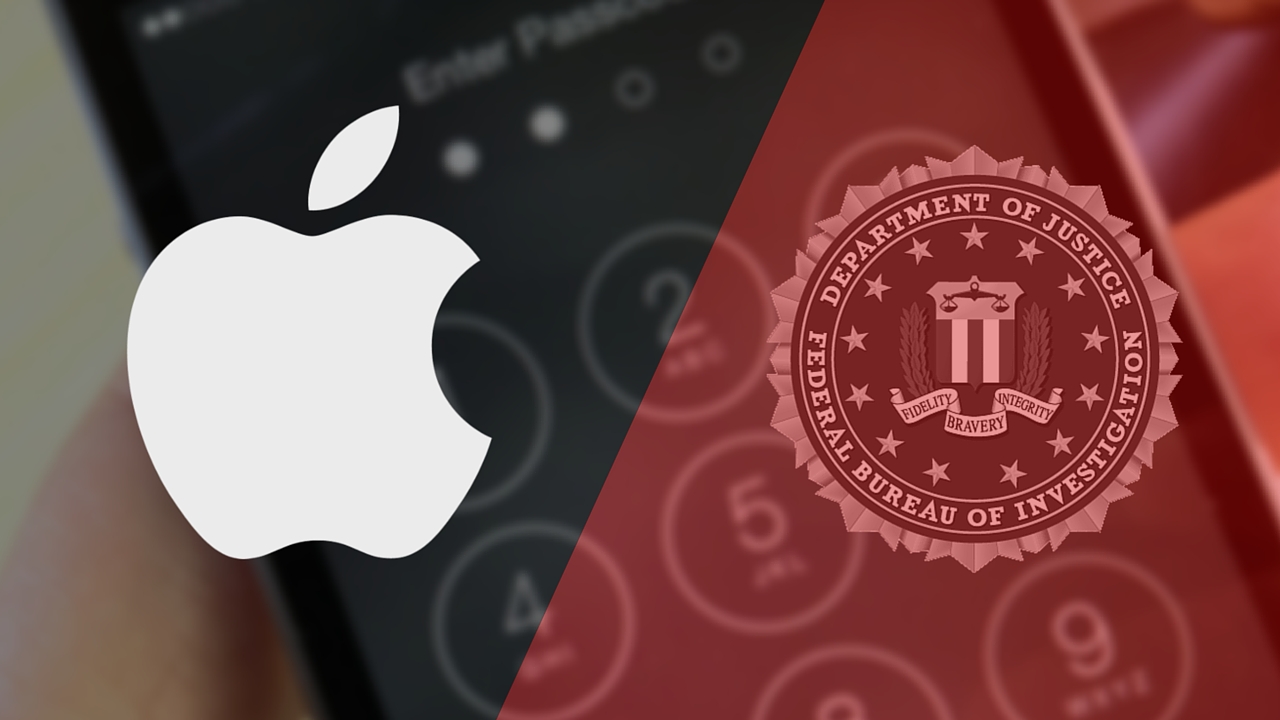Apple on Thursday filed a motion to vacate the court order demanding it help the FBI break into an iPhone linked to the San Bernardino attacks. The motion (via The Verge) is the company’s first legal response to the order, which was handed down by a federal judge last week.
Rhetoric in the filing echoes what we’ve been hearing from CEO Tim Cook over the past week: Apple refuses to help the FBI break its own security because it sets a dangerous precedent that has major implications. It also offers some insight into the legal stance Apple plans to take.
The government asks this Court to command Apple to write software that will neutralize safety features that Apple has built into the iPhone in response to consumer privacy concerns. The code must contain a unique identifier “so that [it] would only load and execute on the SUBJECT DEVICE,” and it must be “‘signed’ cryptographically by Apple using its own proprietary encryption methods.” This amounts to compelled speech and viewpoint discrimination in violation of the First Amendment. Under well-settled law, computer code is treated as speech within the meaning of the First Amendment.
[…] Indeed, examples abound of society opting not to pay the price for increased and more efficient enforcement of criminal laws. For example, society does not tolerate violations of the Fifth Amendment privilege against self-incrimination, even though more criminals would be convicted if the government could compel their confessions. Nor does society tolerate violations of the Fourth Amendment, even though the government could more easily obtain critical evidence if given free rein to conduct warrantless searches and seizures. At every level of our legal system society has acted to preserve certain rights at the expense of burdening law enforcement’s interest in investigating crimes and bringing criminals to justice. Society is still debating the important privacy and security issues posed by this case. The government’s desire to leave no stone unturned, however well intentioned, does not authorize it to cut off debate and impose its views on society.
For those who haven’t been keeping up with the story, last week a federal judge ordered Apple to help the FBI break into an iPhone 5c belonging to one of the shooters involved in last year’s San Bernardino attacks. The order sparked a high profile debate on privacy vs. national security.
Want to learn more? Check out our Apple vs FBI timeline and our recap of Tim Cook’s interview with ABC News.
Source: The Verge
